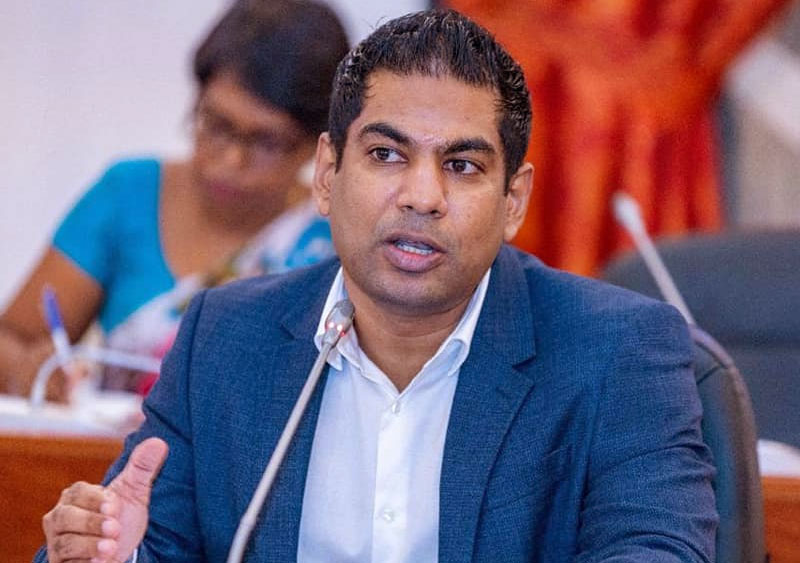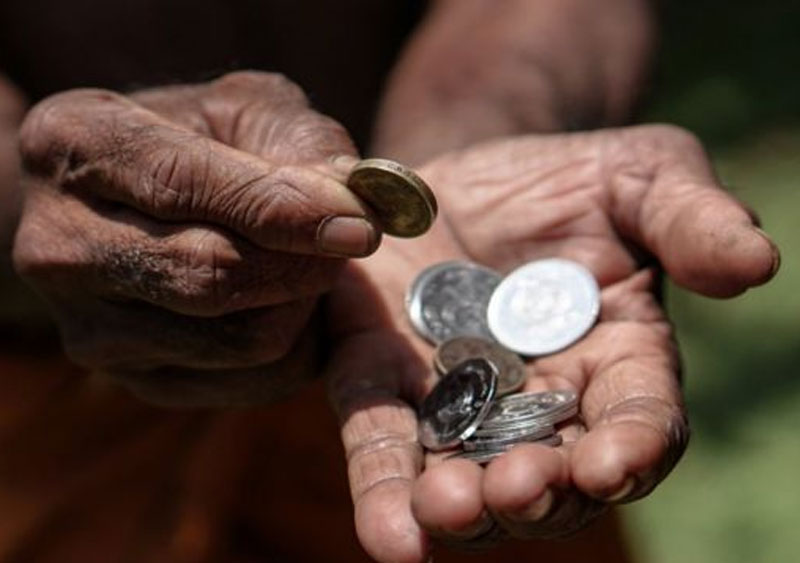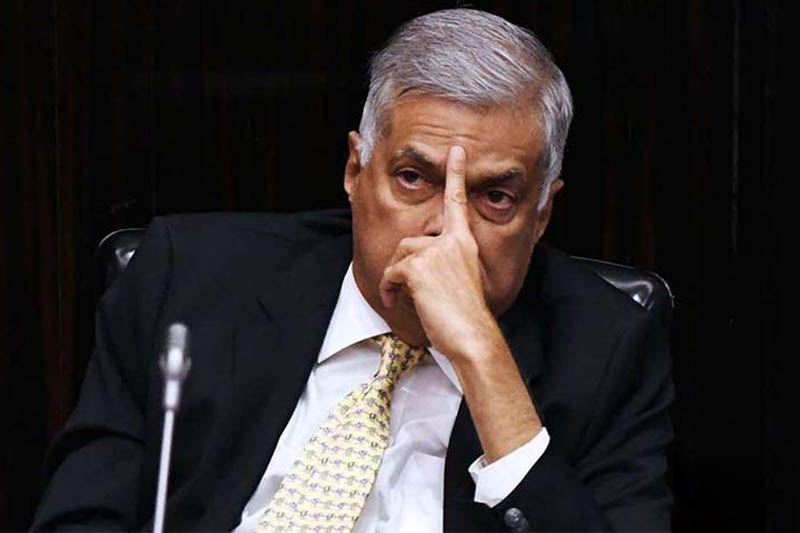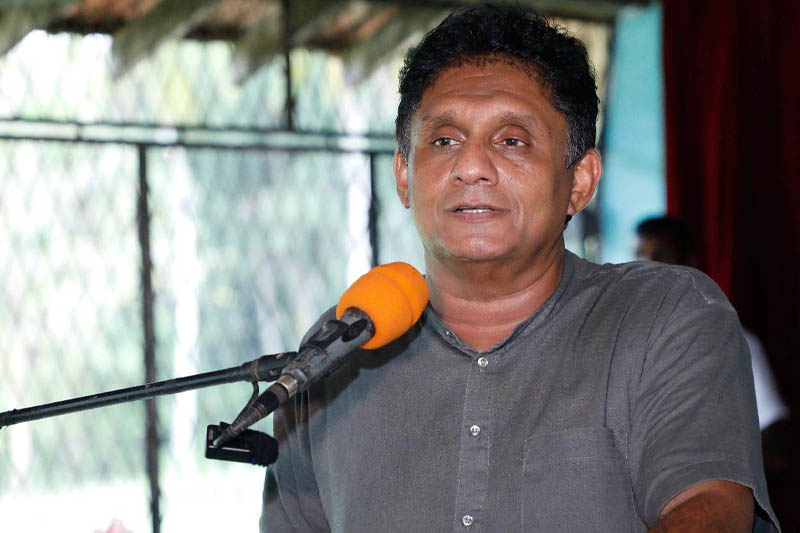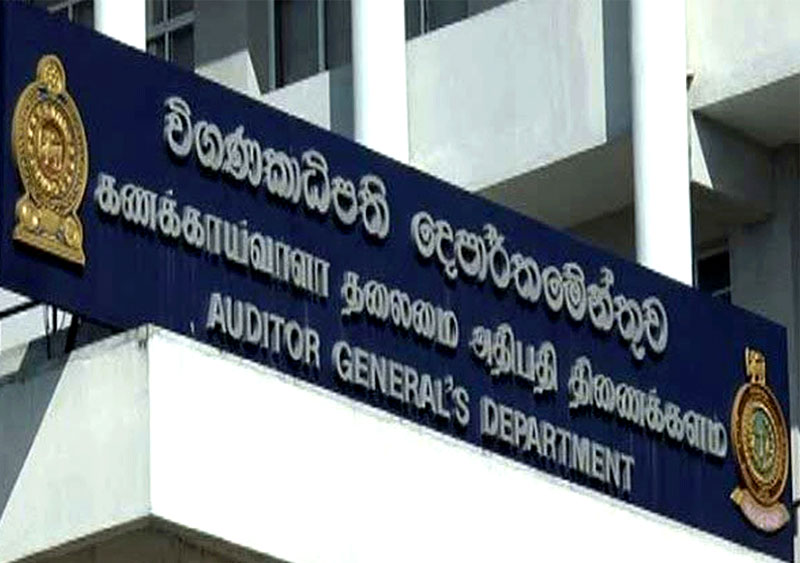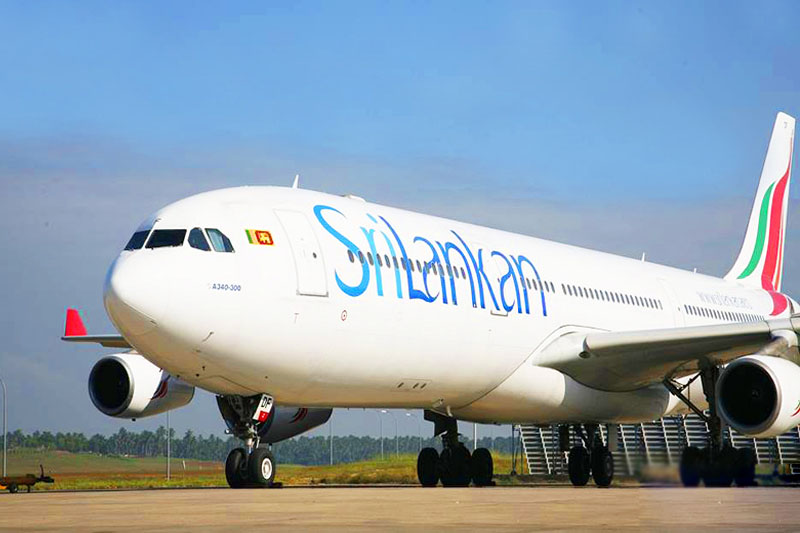It has been decided that the China Petroleum and Chemical Corporation (SINOPEC) will be awarded the contract to establish a new petroleum refinery and associated product processing centre in Hambantota, Minister of Power and Energy Kanchana Wijesekera revealed.
Accordingly, the Cabinet approval was granted yesterday (27) to award the contract to SINOPEC to enter into an agreement to establish a new refinery and associated product processing centre in Hambantota.
On 25 November, Wijesekera hinted that Sri Lanka will likely approve on Monday a proposal from Chinese state refiner Sinopec to build a $4.5-billion-dollar refinery.
“It’s on the agenda for Monday. Once the cabinet gives approval, we will invite them to sign the agreement,” Wijesekera said.
For Sinopec, the world’s top refinery by capacity and one of the largest petrochemical makers, the investment would mark a breakthrough in a long effort to expand beyond China’s borders.
It owns refinery assets in Saudi Arabia and petrochemicals production in Russia.
The Sri Lanka investment follows state-run China Merchant Port Holdings’ 99-year lease at Hambantota port and a $392 million deal to build a logistics and storage hub in Colombo port, Chinese state media reported in April.
That fits into Beijing’s ambitious Belt and Road Initiative, billed as recreating the ancient Silk Road to boost global trade infrastructure, experts say.
Sinopec will start basic engineering design, including finalising the size of the refinery and technical configuration, after getting official approval, a senior company official told Reuters this month.
The investment will add to Sinopec’s recently started fuel retailing business, the third international company with a foothold in Sri Lanka, with a license to operate 150 petrol stations.
In August Sinopec and commodities trader Vitol were shortlisted by the Sri Lankan government to bid for the refinery.
Vitol subsequently dropped out, the Sinopec official said.
The refinery may target markets beyond Sri Lanka, where local fuel consumption is low, and use its partnership with China Merchants Port to expand bunker fuel supply at Hambantota, a deep-sea port near busy shipping lanes between Europe and Asia, analysts say.
Sinopec’s fuel oil division, which runs the retail business there, began in 2019 supplying marine bunker fuel at Hambantota, another Sinopec official said.
Sri Lanka’s refinery at Sapugaskanda, commissioned in 1969, can process 38,000 barrels of oil a day.
(adaderana.lk)

